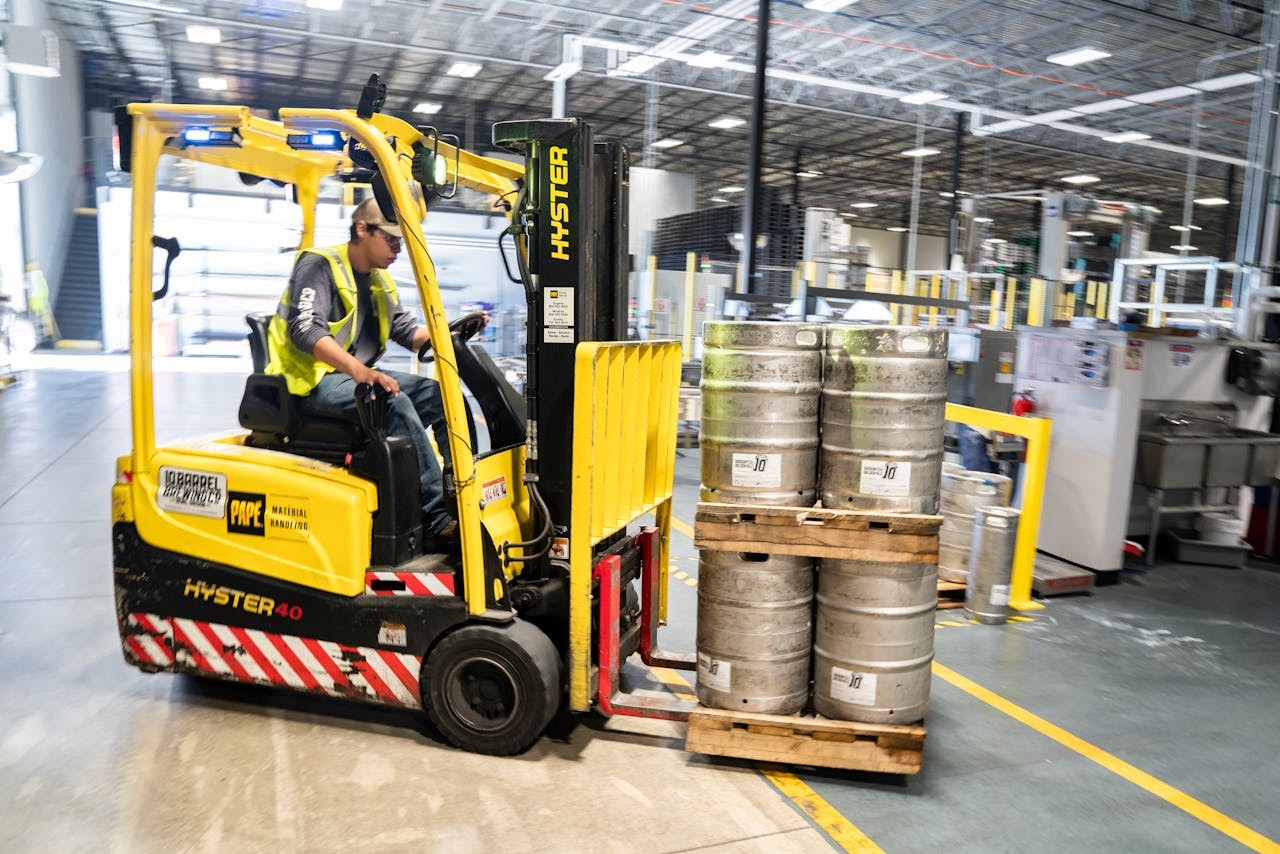
MIT Sloan Management Review and The Boston Consulting Group have examined for eight years how corporations relate to sustainability issues and have published a final report about the results. In their report – Corporate Sustainability at a Crossroads (published 23rd May 2017) – the writers ponder for example in what stage the corporate sustainability is right now, how it has developed during the study and what are the main drivers for corporations to embed these issues in their business.
According to the study, sustainability field is now at a crossroads: “In one direction, corporate leaders in sustainability remain a minority, and are unevenly distributed across geographies and industries. In the other direction, a handful of standout companies are demonstrating that sustainability can be a driver of innovation, efficiency, and lasting business value“. “Many companies, indeed most companies, do not seek out reasons to embed sustainability in their business models and make sustainability material to their business”. It still seems that only the biggest companies have the courage and knowledge to bind sustainability into company’s business model and strategy. As the authors highlighted: “The largest companies in our database (100,000 or more employees) have consistently been the best performers across a range of metrics… and have a sustainability strategy.”
Authors claim that still many business leaders continue to regard major sustainability issues such as climate change, wealth inequality and poverty levels as the responsibilities of the governments. However, relying only in governments regarding sustainability issues is not enough. “Proactive action from the private sector is now recognized as fundamental to realizing a sustainable future”. Especially because of the new wave of populist and anti-regulatory leaders across the globe, “…trust in government institutions reaching a low point, and some political leaders denying the reality of climate change, the potential for corporate sustainability to lose momentum or backslide is all too real”.
Especially the risen power of social media and other technology platforms, companies’ stakeholders have more power than ever over companies and companies have started to take into account more stakeholder groups other than just shareholders, such as investors. As the authors stated: “Our 2016 report, “Investing for a Sustainable Future,” demonstrated that a clear majority (60%) of executives in publicly traded companies believe that good sustainability performance is important to investors”. Also the interest towards information about ESG matters has increased during the past few years: “Many new analytics tools and platforms are making ESG performance information easier to access — and make sense of. This trend toward better access to better data is expanding the group of stakeholders using information about corporate performance on ESG factors, including millennials looking for employment opportunities with companies that have strong sustainability performance.”
Additionally, there is one key element that the authors wanted to highlight: The common factor among companies that have succeeded in the sustainability field is having a sustainability strategy. “Sustainability strategies are not created equal, however, and their relevance to core business activities varies widely among organizations. Since every company has a unique organizational structure, supply chain, employee base, geographic footprint, and so on, it is logical that every company also has a unique sustainability profile. This makes variety in sustainability strategies inevitable. Some managers will say they have a sustainability strategy, but often it’s just a near-term plan for achieving incremental environmental or social improvements or complying with relevant existing regulations. For other companies, sustainability strategy is linked to their overall business strategy, often encompassing the supply chain and customer segments. In the most advanced companies, sustainability strategy is the business strategy, fully embedded in the company’s purpose.”
Read the whole article: http://sloanreview.mit.edu/projects/corporate-sustainability-at-a-crossroads/#chapter-5
Photo by Michał Grosicki on Unsplash


































